
Many countries still do not have official frameworks with which to evaluate digital therapies.

Many countries still do not have official frameworks with which to evaluate digital therapies.

The results argue for close clinical management of people with rheumatoid arthritis, say the authors of the meta-analysis that included 14 studies.
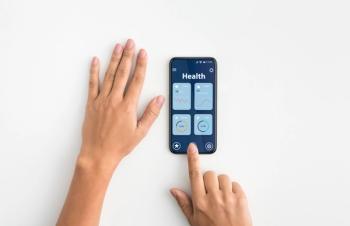

Because personal information can be discovered rather easily through ‘reidentification,’ additional steps are needed to protect the privacy of people’s healthcare data.

Manipulating T cells to target cancer cells has worked to treat some cancers. Researchers are investigating whether the same approach might be used to curb the dysregulated immune response that underlies autoimmune disease.

Rates of Graves’ disease, celiac disease, and Sjögren’s syndrome doubled in the United Kingdom between 2000 and 2019.
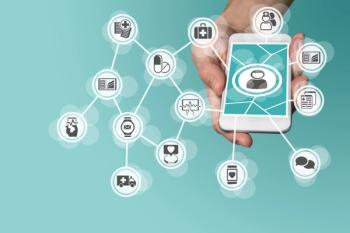
Existing evidence-evaluation frameworks are not sufficiently targeted toward the specific factors relevant to digital health products, they argue.

Low-to-moderate doses of prednisone appear to lessen rates of nausea and other side effects in patients taking methotrexate, a new study found.

At the start of the pandemic, the government eased rules around prescribing drugs via the internet. Now it is deciding what the permanent rules should be.

The federal government is extending pandemic-era “flexibility” for telehealth prescriptions.

Stimulating PD-1 is a novel approach to treating rheumatoid arthritis, but the strategy could be a fit for other autoimmune diseases.

The theory behind smishing is similar to that of phishing. The difference is that smishing happens via a person’s smartphone.

There are many reasons the ransomware problem has been hard to stop. One reason is that ransomware is good business. A 2021 U.S. Treasury Department identified more than $5 billion worth of outgoing bitcoin cryptocurrency payments it suspects may have been related to ransomware attacks.

The product specifically looks at the potential to address negative symptoms of schizophrenia through digital health tools.
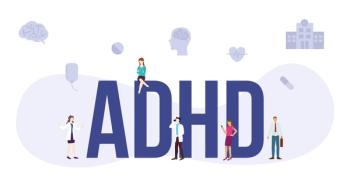
The company says the video game-based therapy improved measures of attention and quality of life for adults with ADHD.
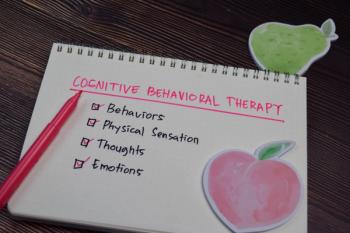
A new study shows a digital therapeutic for insomnia works, but with important caveats.

The companies says such networks are key to making digital transformations a reality.

Technology is often focused on administrative tasks. Some healthcare leaders say it also can help fix the sector’s labor shortage by diving into patient care.

The digital therapy product combines cognitive behavioral therapy with financial incentives to encourage abstinence. Lack of side effects may be a selling point.

GrayMatters Health hopes to use its technology for other mental health indications in the future.
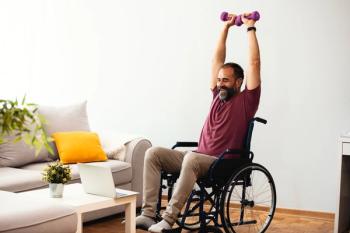
People in urban and rural areas saw similar improvement from a digital health program that comprised patient education, an exercise program, and cognitive behavioral therapy.

Systematic review suggests small amounts of data can be used to re-identify individuals.
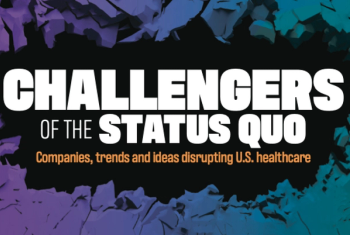
Take a look into this month's cover story series of the companies, trends and ideas that are shaking things up and reshaping the contour of how healthcare is paid for and delivered. Below spotlights business process management firm Sagility and its chief growth officer, Sohail Djariri, who breaks down payment integrity when it comes to fraud detection.

The start of the COVID-19 pandemic was marked by a regulatory rush to enable digital health delivery. Now the industry wants those changes made permanent.

The development comes after a study showed users had four fewer days per month with migraine symptoms.

By clustering patients based on self-reported data, investigators said they may be able to predict which patients are most likely to respond to a digital therapy.

The goal of the application programming interface (API) is to ensure accurate data collection without burdening patients or biasing the data.

The app’s backers believe the app could be a meaningful advancement in maternal care by making it easier to identify possible anemia in pregnant women.
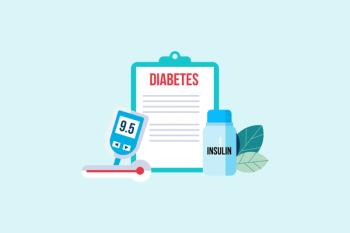
A new study showed a smartphone app is associated with improvements in HbA1c levels and other measurements indicative of well-managed diabetes. The authors note, though, that benefit may come from greater physician involvement with patients and other factors related to the app.
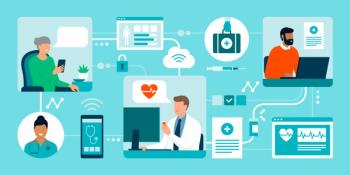
Several firms are trying to bring the clinical laboratory to patients’ doorsteps, but the task comes with plenty of challenges.